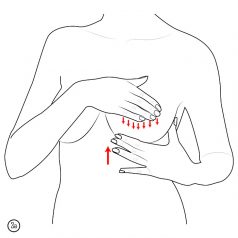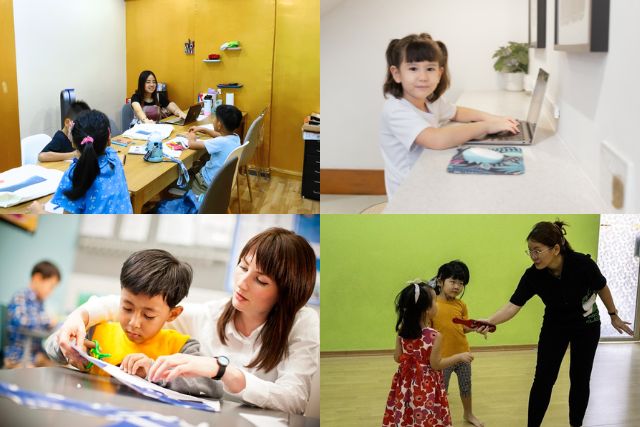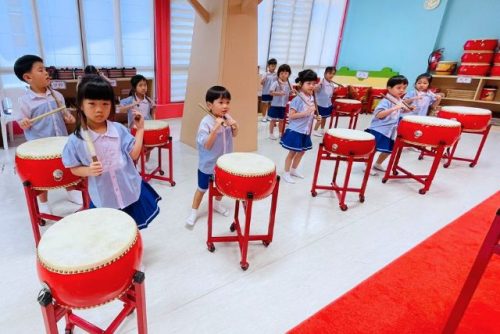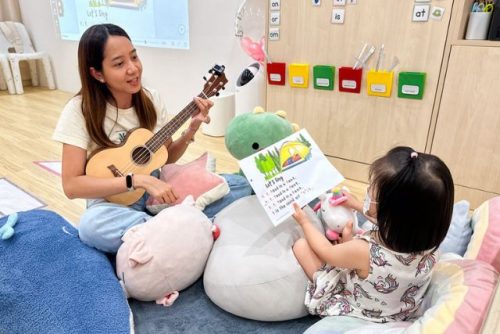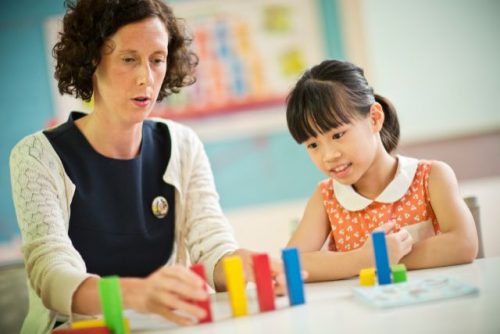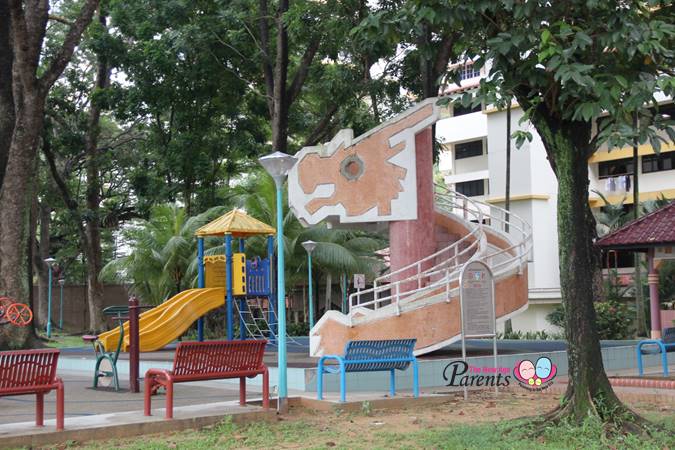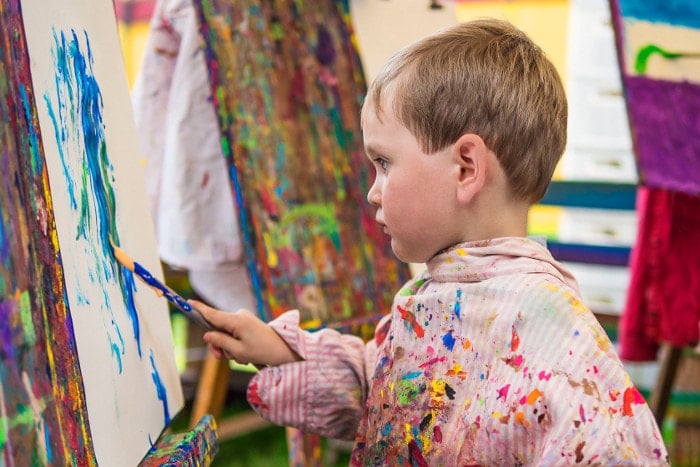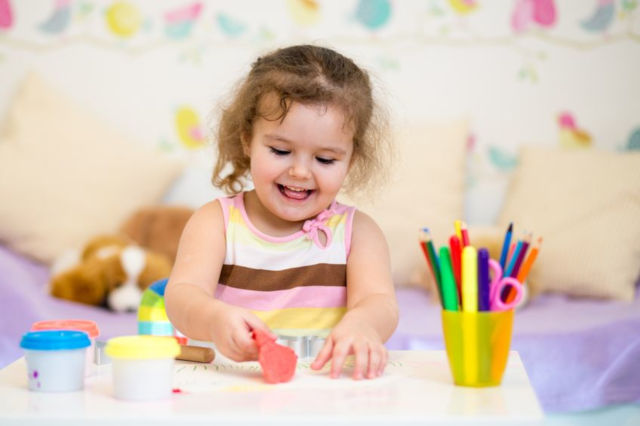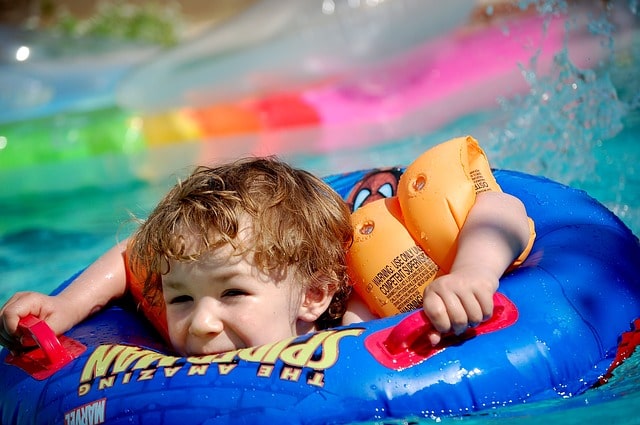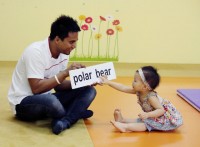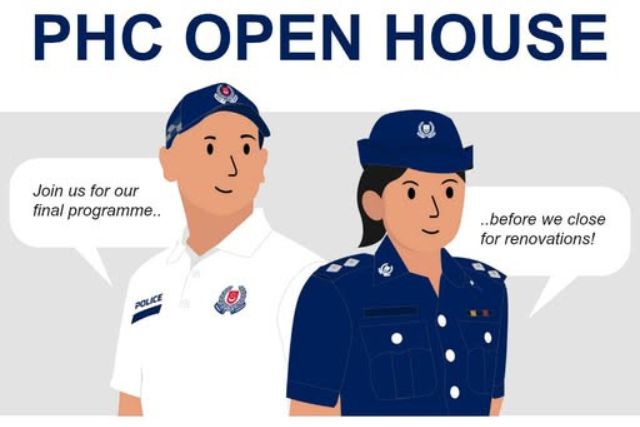-
Whole Brain Learning Activities
Right brain training alone is not sufficient. For whole-brain development, the two brain hemispheres have to be connected. Here are 6 activities to do.
-
Why Turn-Taking Is Better Than Sharing
As parents, we often feel pressured to persuade our child to share his toys as soon as another kid wants it. Sharing on demand doesn't teach a child true generosity.
-
How Do You Know If Your Child Is Not Developing Normally: Fine Motor Skill Impairment
An infant or child up to age five who is not developing new fine motor skills for that age may have a developmental disability. What are some of the symptoms?
-
Understanding Your Child’s Fine Motor Development
As much as gross motor skills are easily identified in a developing child, fine motor development is of huge importance and should be given equal attention.
-
Swimming Pool Safety Tips For Toddlers
Did you know a baby or toddler can drown in less than an inch of water? Here are some steps you can take to ensure your child's safety in the water.
-
Look Who’s Reading! Teaching Your Baby To Read
"Stop!" "Go!" "Thank you!"? Is it actually possible for children before the age of one to recognise alphabets/letters, let alone read them aloud?
-
Teaching Your Baby Emotions
Many parents can be overwhelmed and confused with the vast array of information on child behavior and child development. Here are some key emotional development goals for your baby.
-
Your Bookworm Baby: 5 Easy Ways To Start Forming Good Literacy Habits
Good literacy habits go a long way. Reading aloud to the little ones early teaches a child about communication as well as introduces concepts such as stories, numbers, letters, colors, and shapes in a fun way to them.
-
How To Teach Phonics To Children
The essentials of phonics involve the connection of spoken English to the letters in the alphabet. Teaching your children phonics will give them a good grasp of English.



